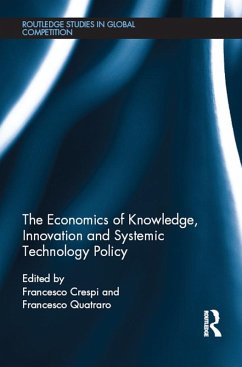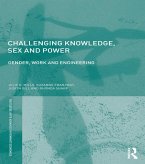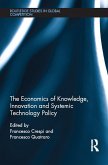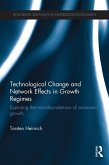There is wide consensus on the importance of knowledge for economic growth and local development patterns. This book proposes a view of knowledge as a collective, systemic and evolutionary process that enables agents and social systems to overcome the challenges of the limits to growth. It brings together new conceptual and empirical contributions, analysing the relationship between demand and supply factors and the rate and direction of technological change. It also examines the different elements that compose innovation systems.
Dieser Download kann aus rechtlichen Gründen nur mit Rechnungsadresse in A, B, BG, CY, CZ, D, DK, EW, E, FIN, F, GR, HR, H, IRL, I, LT, L, LR, M, NL, PL, P, R, S, SLO, SK ausgeliefert werden.









